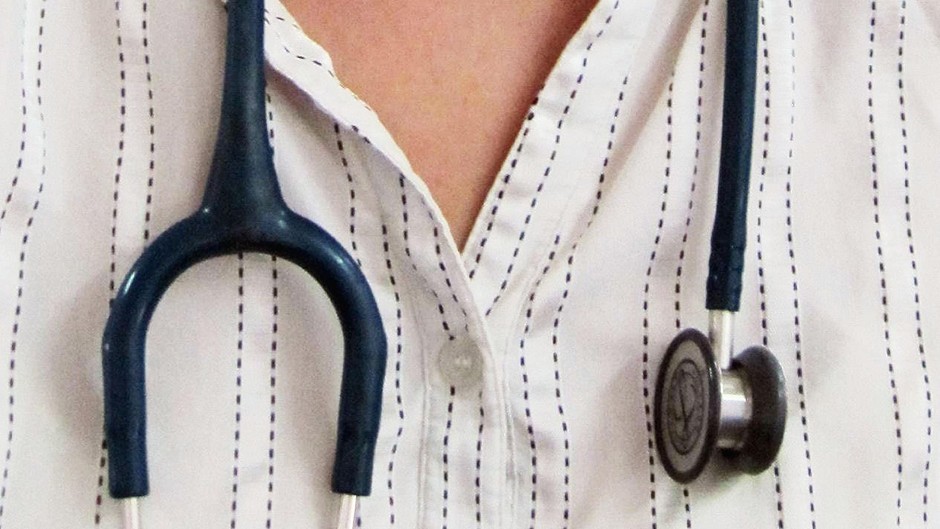The problems providing community health care in remote areas will only be tackled by everyone working together, according to experts in the field.
Chris Yuill, lecturer in the sociology of health at the Robert Gordon University in Aberdeen, said the age-old question was whether to tackle the roots or results of poor health.
While it may take longer, addressing the reasons behind ill health, such as improving housing, had its benefits, he said.
Mr Yuill said partial solutions to bring health services to remote areas like telemedicine can only work if there are good internet connections.
“If you spend on society you spend on health. There are lots of secondary gains in other areas,” he said.
“Transport is not just about helping people get around quicker; it allows people to get to hospital and access services. By improving broadband internet speeds then you start to improve the usefulness of telemedicine.”
NHS Highland associate medical director, Ken Proctor, said the need for service change was widely accepted but finding new ways of delivering healthcare to remote and rural areas was challenging.
The solution was not about throwing money at the problem, but making best use of the skills of all available staff, he said.
“We need to make the best use of modern technologies and ensure all remote areas are provided with comprehensive connectivity,” Mr Proctor said.
“We, that is to say the NHS, social services, Scottish Ambulance Service and third and voluntary sector services, must work together alongside the communities to ensure all aspects of health and social care needs are being covered.”
